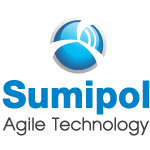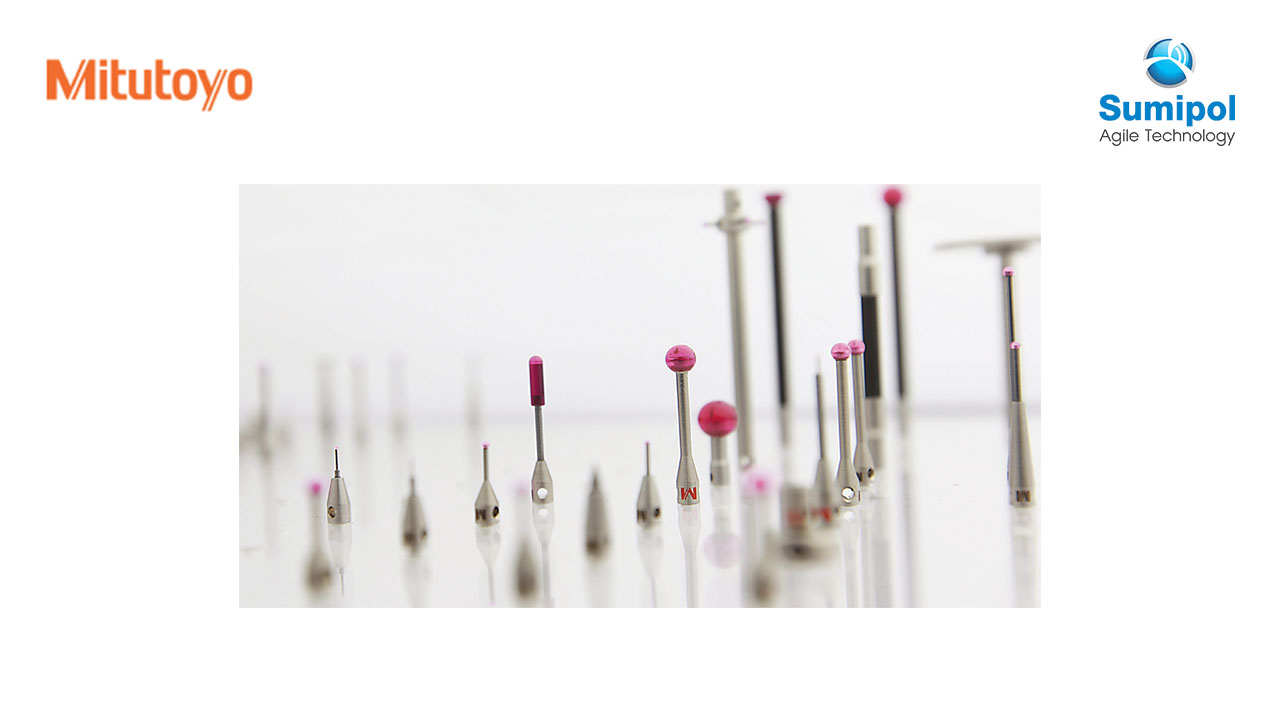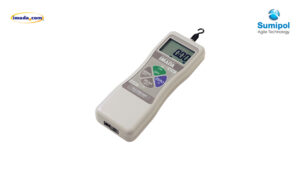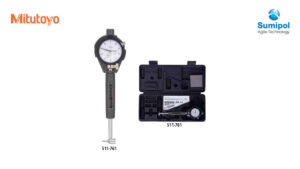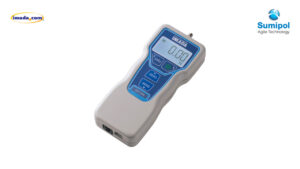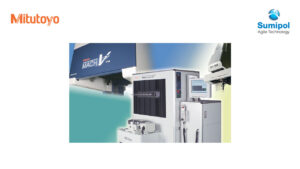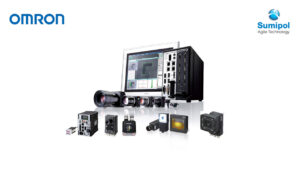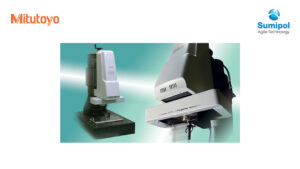Probe components from Mitutoyo: Add the touch of perfection to your quality assurance.
- Which stylus is best suited and under what conditions to use with your measuring device for your specific measuring task? Mitutoyo offers you the answer. We have 30 years of experience in developing and manufacturing styli based on modern materials. Our development specialists know which materials and in what combinations will allow you to achieve your goals reliably and accurately.
- Whatever you choose, the result will be the same: the best.
- Our expertise and use of the highest quality materials guarantee unparalleled excellence.
The materials we use for contact points
- Ruby As the hardest material of all probe components, ruby is perfect when it comes to producing spherical contact points that must withstand high wear and tear. Contact points made from ruby have been used in testing equipment and tested for most standards of use for decades. The low specific density of ruby allows the mass of the stylus tip to be kept as small as possible, eliminating false triggers caused by mass inertia when the CMM is repositioned or vibrates.
- Zirconium oxide Due to the unique surface properties of zirconium oxide contact points – a ceramic compound – they are recognized as the best choice for scanning corrosive surfaces such as cast iron workpieces. The properties that all zirconium oxides have in common are their hardness and wear resistance, similar to ruby.
- Silicon nitride Silicon nitride is extremely hard and wear-resistant, with the least surface roughness of all materials. A unique advantage of silicon nitride is that it is not attracted to aluminum, and therefore coats the surface of aluminum alloy workpieces to a lesser extent than other materials.
